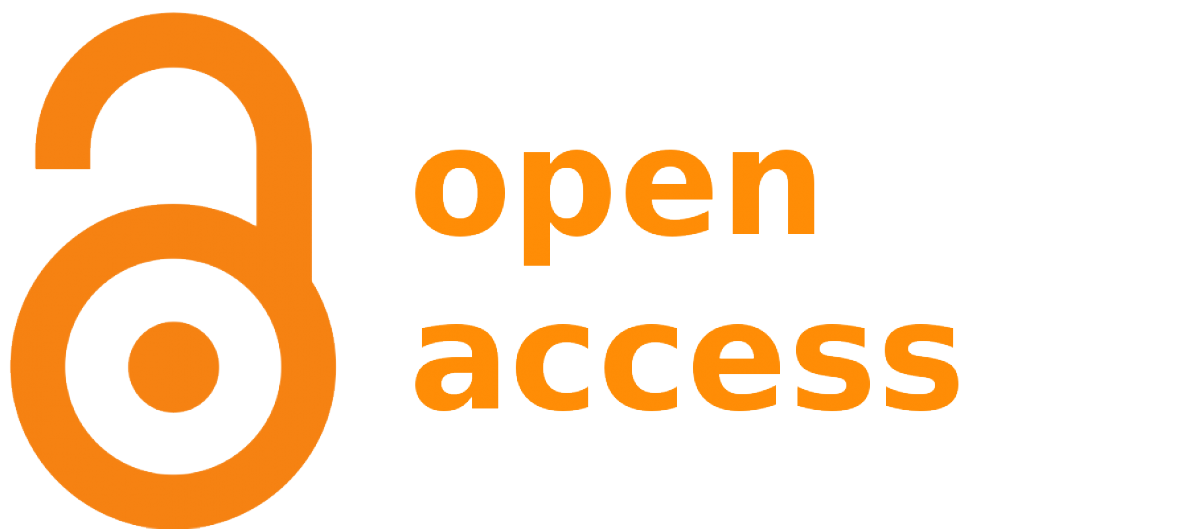Publication Date
5-18-2022
DOI
10.31986issn.2578.3343_vol3iss1.6
First Page
157
Last Page
170
Abstract
Nearly 50% of women in the United States will experience urinary incontinence at some point during their lives. Urinary incontinence impacts multiple aspects of a woman’s life, yet remains underdiagnosed by primary care providers. The Women’s Preventative Service Initiative released a recommendation in 2018 to screen all women annually for urinary incontinence. The recommendation was in response to the lack of women who seek care for urinary incontinence.
The purpose of this project was to implement education and reminders for primary care providers, in order to improve urinary incontinence knowledge and assessment of women 18 years of age or older. The project was carried out in a primary care clinic with primary care providers serving as the participants.
A quasi-experimental one-group pretest-posttest design was utilized. Data from a five question pre- and posttest were compared. An independent samples t-test, using a 95% confidence interval, was used to compare the pre- and posttest. Statistical significance (p-value
Results indicate primary care providers who are educated about urinary incontinence in women demonstrate improved knowledge and assessment of the prevalent problem. Early intervention can soften the economic burden, improve quality of life, and improve treatment outcomes. Implementation of a urinary incontinence education program coupled with reminders can improve primary care knowledge and clinical decisions regarding urinary incontinence in women.
Recommended Citation
Roloff, Kendra L.; Parker, Patricia; Schafer-McLean, Rhonda; and West, Robert
(2022)
"Effect of Provider Education on Urinary Incontinence Knowledge and Assessment,"
Cooper Rowan Medical Journal: Vol. 3:
Iss.
1, Article 7.
DOI: 10.31986issn.2578.3343_vol3iss1.6
Available at:
https://rdw.rowan.edu/crjcsm/vol3/iss1/7
Creative Commons License

This work is licensed under a Creative Commons Attribution 4.0 License.








